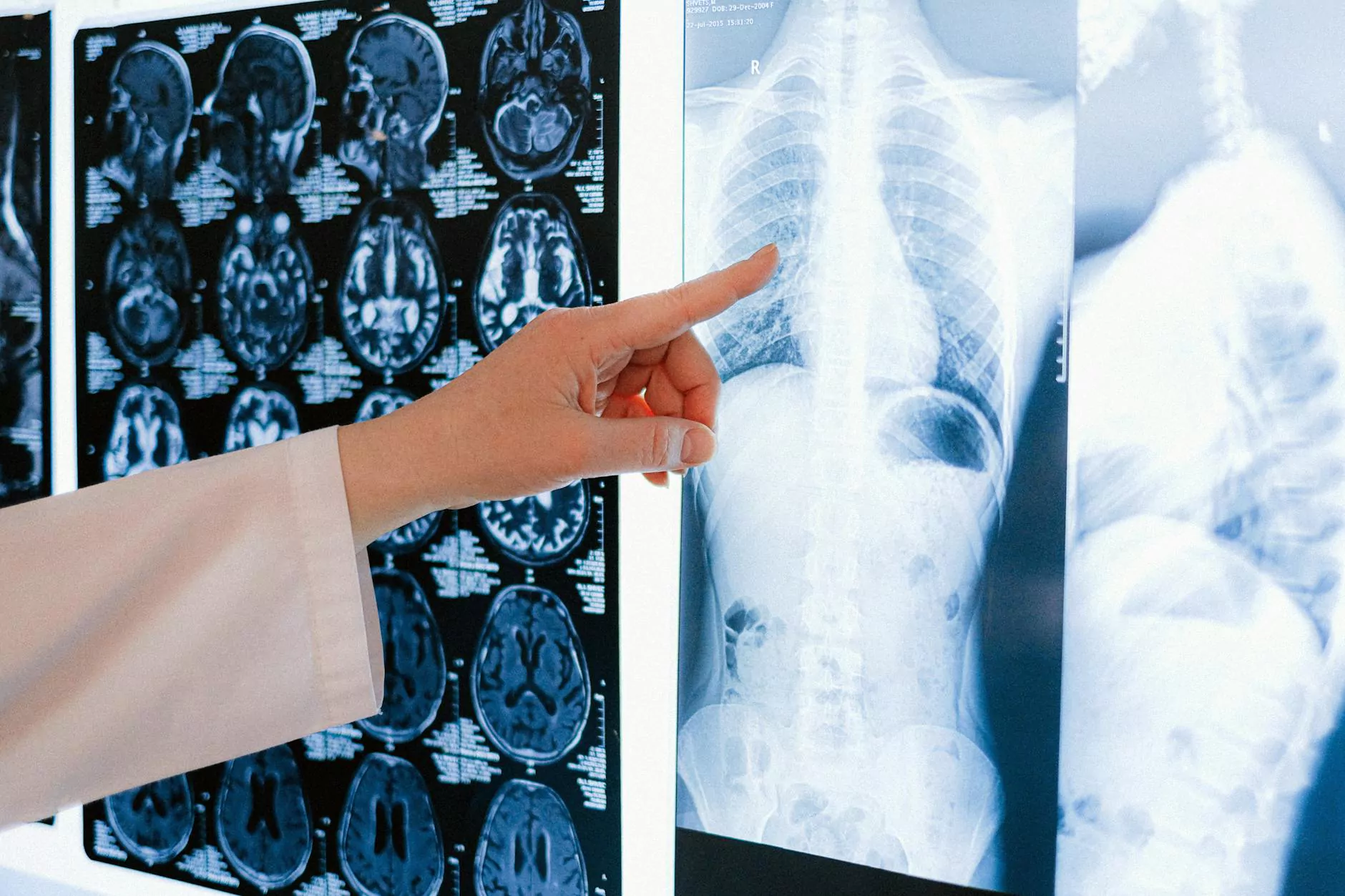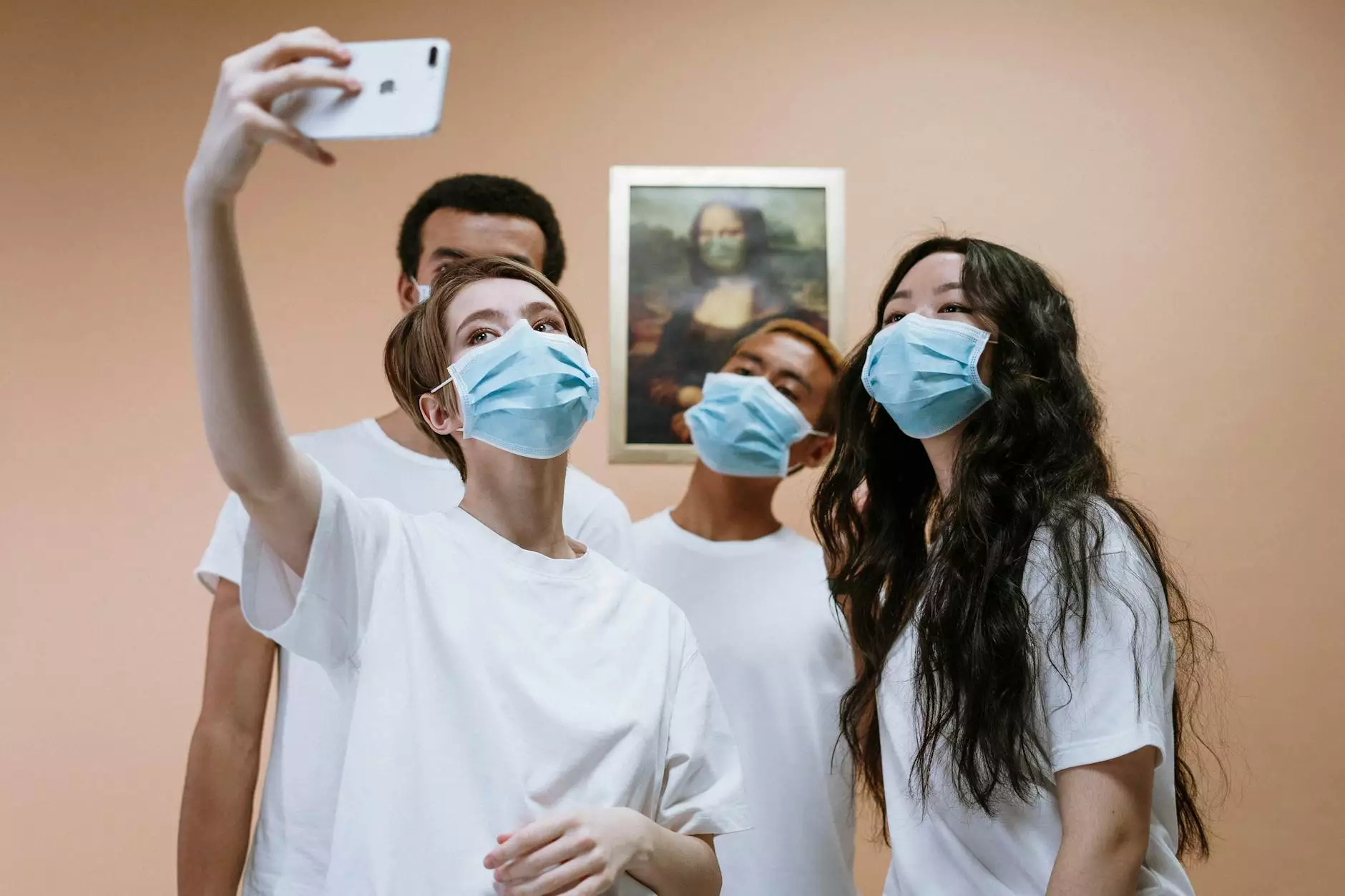Amantadine and Repetitive Transcranial Magnetic Stimulation (RTMS) as a Neurotherapeutic for Disordered Consciousness after Traumatic Brain Injury

Introduction
Welcome to Regency Square Care Center, dedicated to providing the highest quality health and geriatric care solutions. In this article, we will discuss the potential of Amantadine and Repetitive Transcranial Magnetic Stimulation (RTMS) as a neurotherapeutic treatment option for individuals experiencing disordered consciousness after traumatic brain injury. Our team of experts is committed to helping you or your loved ones regain cognitive function and improve overall quality of life.
Understanding Traumatic Brain Injury
Traumatic Brain Injury (TBI) is a serious medical condition resulting from a sudden jolt or blow to the head, leading to disruption in normal brain functioning. It can have severe physical, cognitive, and emotional implications, including disordered consciousness. The aftermath of TBI can be challenging for individuals and their families, and it is crucial to explore all potential treatment options for recovery.
Amantadine: A Potential Neurotherapeutic
Amantadine is an FDA-approved medication primarily used to treat influenza. However, its neuroprotective effects and ability to modulate neurotransmitter activity in the brain have made it a promising candidate for TBI-related cognitive impairments. Studies have shown that Amantadine can stimulate the release of dopamine, a key neurotransmitter involved in various cognitive functions.
Repetitive Transcranial Magnetic Stimulation (RTMS) and TBI
Repetitive Transcranial Magnetic Stimulation (RTMS) is a non-invasive procedure that uses magnetic fields to stimulate specific regions of the brain. It has gained attention as a potential therapeutic intervention for individuals with TBI, including those with disordered consciousness. RTMS works by modulating neural activity and promoting neuroplasticity, creating new connections and restoring lost functionality.
The Synergistic Effects of Amantadine and RTMS
Recent research has explored the combined effects of Amantadine and RTMS on individuals suffering from TBI-related disordered consciousness. Preliminary findings suggest that the combination treatment shows promise in improving cognitive abilities, enhancing awareness, and facilitating the recovery process. The synergy between Amantadine and RTMS offers a multi-modal approach for neurotherapeutic interventions, targeting multiple aspects of brain function simultaneously.
Regency Square Care Center - Your Partner in Geriatric Care
Regency Square Care Center is devoted to providing comprehensive and personalized care for aging individuals. Our team of experienced healthcare professionals specializes in geriatric care and understands the unique challenges associated with TBI and disordered consciousness. We believe in a holistic approach that combines medical expertise, cutting-edge treatments, and compassionate support to promote optimal recovery and quality of life.
Conclusion
Amantadine and Repetitive Transcranial Magnetic Stimulation (RTMS) offer a potential breakthrough in the treatment of disordered consciousness after traumatic brain injury. Regency Square Care Center is at the forefront of the geriatric care industry, offering advanced solutions for individuals seeking comprehensive healthcare services. Contact us today to learn more about our state-of-the-art facilities and personalized care plans tailored to your specific needs.



